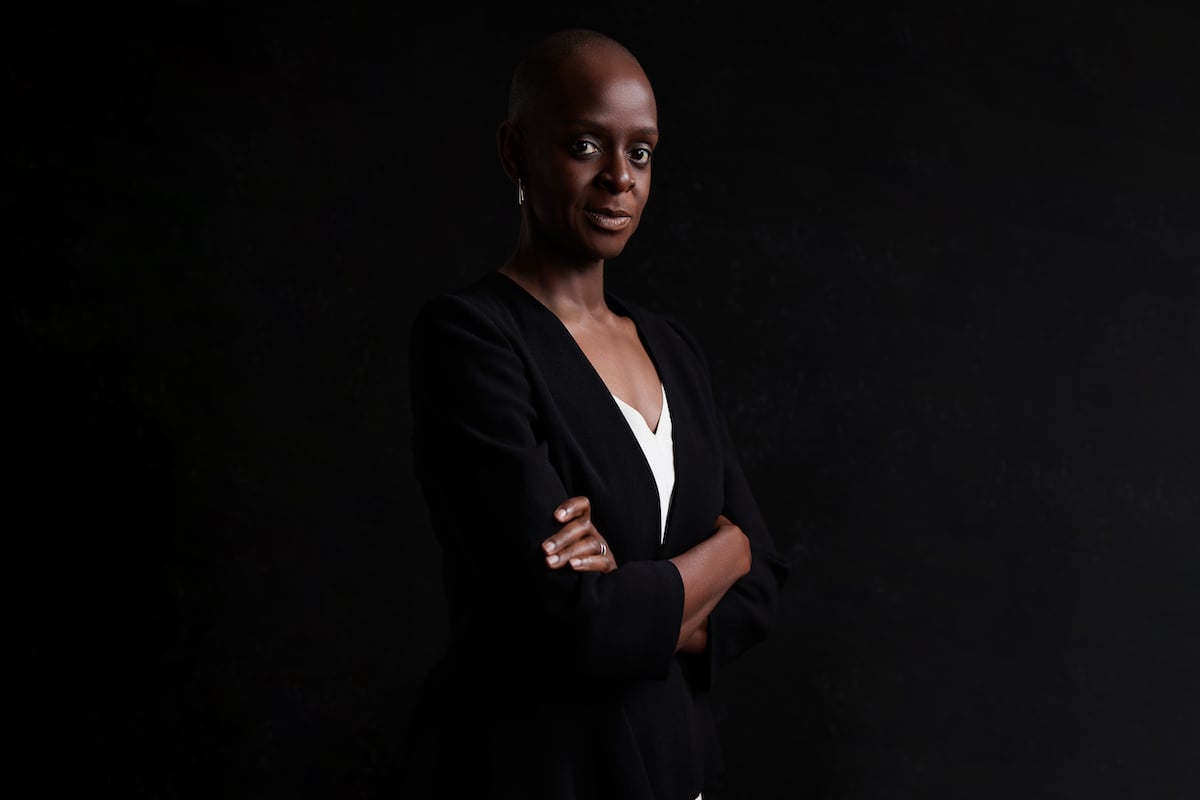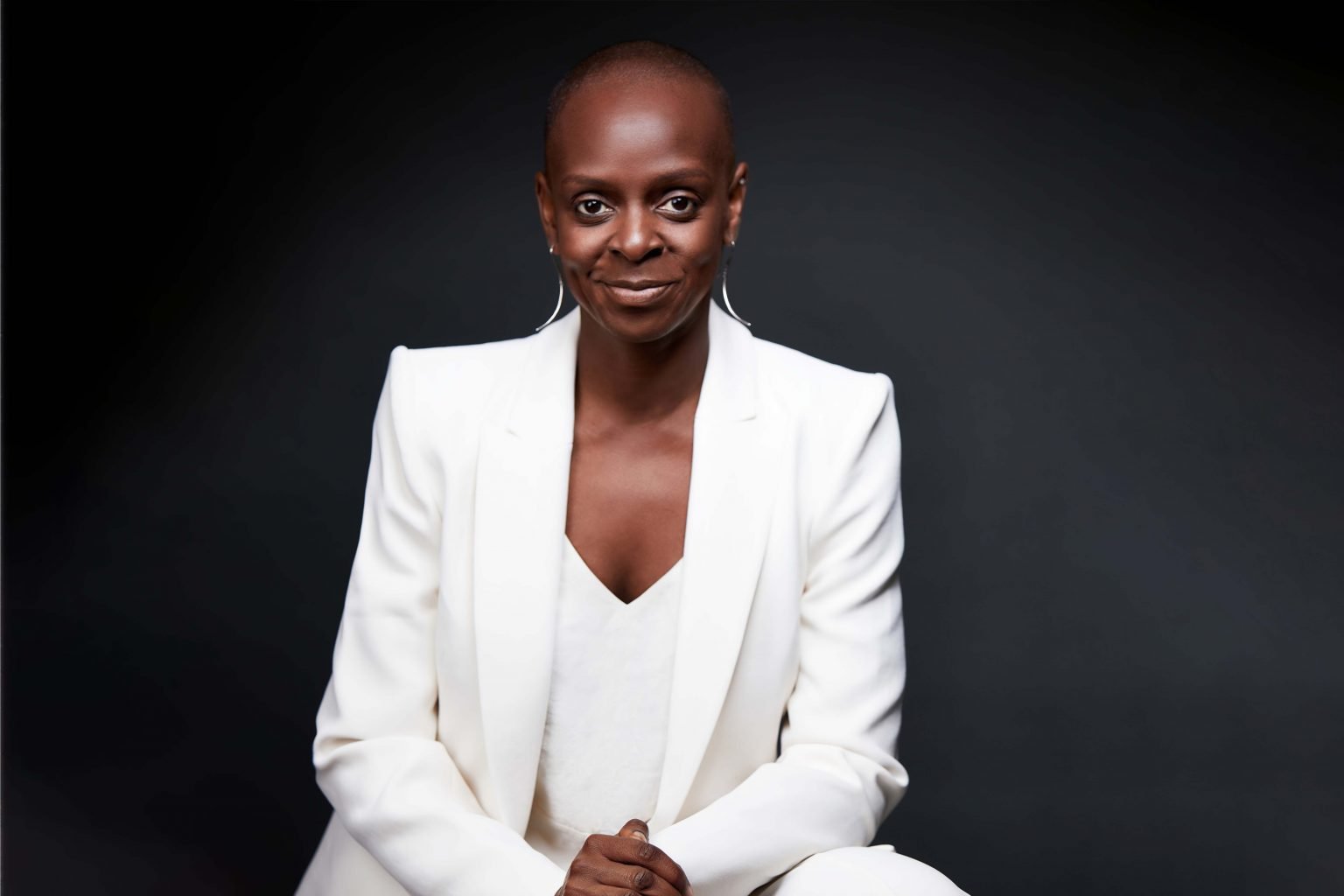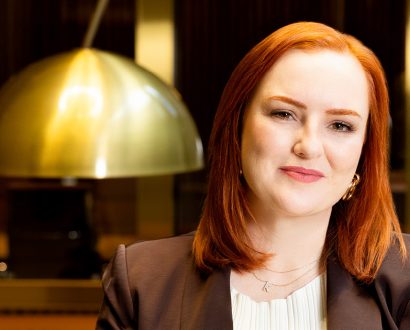Each of us, whether we are aware of it or not, is confronted with situations where our personal power comes into play. From asking for a promotion to dealing with a workplace conflict, these scenarios remind us of the power systems and structures within organisations and our place within them.
For executive and personal coach Kemi Nekvapil, acknowledging their presence is the first step towards making them work for people across the different tiers within an organisation. “I think we can’t negate our origin stories and how we use power, and we can’t ignore the societal, gender and familial overlays that we have to navigate every single day when it comes to our power,” she explains.
While Nekvapil isn’t advocating the eradication of hierarchies within companies, she is instead calling on leaders to develop greater self-awareness. This quality is best captured in the work of Brené Brown and is essential for leading diverse teams in today’s world.
“We have to acknowledge what our blind spots are, what our biases are, have a look at our privileges and how that is extended in how we treat different team members.” – Kemi Nekvapil
An alumni of the 100% Human at Work Network, developed by The B Team in partnership with Virgin Unite, Nekvapil believes that it’s possible to have equity, respect and diversity within power structures.
“We have to acknowledge what our blind spots are, what our biases are, have a look at our privileges and how that is extended in how we treat different team members,” she affirms.
As a Certified Dare to Lead Facilitator who admits to spending most of her life believing she was powerless, Nekvapil understands how our own privileges, or their absence, impact the way we treat others and operate in the world. Having worked as a coach for a decade, she is all too familiar with the tendency for women to undermine their own power or deny the privileges they have.
“Using your privilege is powerful; feeling guilty about your privilege is boring,” she says. “Many women fall into the trap of letting other people decide their worth and value, because they want to be ‘liked’ and don’t want to upset anyone.”
Internal power
While many of us have been led to believe that power is reserved for those who have amassed a great deal of wealth or a position of influence, Nekvapil explains that to live powerfully is to own our stories – the ones we’ve lived and the stories we tell ourselves.
Drawing on her own life experiences and those of her clients, Nekvapil has designed a five-step framework for women to create a form of power that is built from the inside out through Presence, Ownership, Wisdom, Equality and Responsibility.
These power principles can be linked to just about any challenging scenario or decision that you’ve had to make, and functions as a tool that can be used in times when your sense of power has been shaken.
This framework, among other practices, is featured in Nekvapil’s latest book, Power. As both a workbook and an up-to-date guide on power, the book has a powerful message: “You can be camping in a tent in the middle of nowhere and feel 100 per cent grounded in who you are and the power that you have.”
Nekvapil’s story

Growing up in the 1980s as a black woman in Britain, Nekvapil probably didn’t think that her early struggles of feeling powerless would provide her with the behavioural insights and skills she’d one day come to use in her coaching practice.
As one of many Nigerian children* who were placed into foster care as part of a global movement at the time, she quickly learned how to adapt to new situations and analyse the complex dynamics within them.
Arriving at a new family where there were a lot of unknowns, she recalls, “I had to look in on a situation and see what was at play, what was being said and what was not being said, and from there garner information where I could then step into the space in some way.”
Through owning her personal narrative and living unapologetically, Nekvapil embodies the concepts she speaks and writes about. “I think for all of us, if we are willing to do the work, personal and professional development, we can take these things that have happened to us and use them in really powerful ways,” she asserts.
Reflecting on the past two years, she reveals that mental health and wellbeing are topics leaders have a great deal of questions around, yet are sometimes unwilling to address within themselves.
“You can’t give what you don’t have,” she points out. “You have to be able to share with your team how you are going because then it makes them feel safe to say how they are going.”
She explains that vulnerability can bring more humanity into the workplace, allowing us to feel more connected to one another. “That is powerful when we feel seen, not because of the shiny sides of us, but for all parts of us,” she concludes.
Power by Kemi Nekvapil is published by Penguin Random House Australia, A$34.99.
*Kemi Nekvapil was part of a movement in which Nigerian parents sent their children to Britain for educational reasons.
Read next: Companies embracing diversity are reaping the benefits like never before







